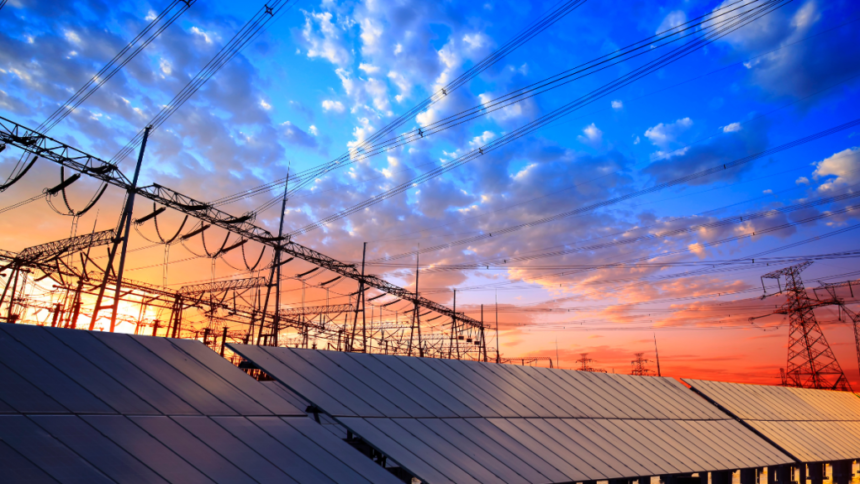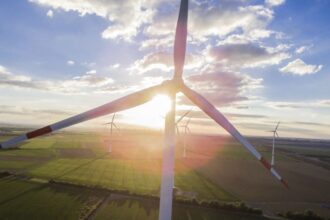In a major push to accelerate rooftop solar adoption in the State, the Kerala State Electricity Regulatory Commission (KSERC) has officially released the Renewable Energy and Related Matters Regulations, 2025, introducing revised norms that offer significant relief to prosumers and encourage advanced renewable energy technologies.
The new regulations will remain in force from November 6, 2025 to March 31, 2030, while the updated billing mechanism will come into effect on January 1, 2026. Consumers and prosumers who have received project feasibility approval on or before November 5, 2025, will fall under the scope of these revised rules.
✅ Key Highlights of the New Renewable Energy Regulations
➤ Higher Net Metering Limits Across Categories
KSERC has increased the net metering system (NMS) capacity, addressing widespread criticism of earlier draft norms:
| Consumer Category | Net Metering Limit |
|---|---|
| Domestic | Up to 20 kW |
| Industrial | Up to 500 kW |
| Agricultural | Up to 3,000 kW |
| Common services in multi-storey apartments | Up to 500 kW |
This move is expected to boost rooftop solar installations across residential, industrial, and agricultural sectors.
💡 Rationalised Grid Support Charges — Only on Actual Use
The Commission has reworked the grid support charge (GSC) mechanism to make it more consumer-friendly.
- GSC will now be levied only on the energy consumed from the grid during non-solar hours, and only up to the units adjusted from the prosumer’s banked energy.
Example:
If a prosumer uses 400 units during non-solar hours and has 300 banked units, the GSC will apply only to 300 units, not 400.
- Exemption:
✔ No GSC for prosumers with solar systems up to 10 kW
✔ All agricultural consumers with renewable energy systems are fully exempt from GSC - Above 10 kW, charges will apply as follows:
₹0.50/unit for first 300 units → ₹1/unit thereafter
This revision directly responds to concerns raised during public hearings on the earlier draft, which had proposed a flat ₹1/unit charge on exported solar energy.
🔋 Support for Emerging Renewable Technologies
KSERC has taken a futuristic leap by including provisions for next-generation renewable energy systems, such as:
- Vehicle-to-Grid (V2G) – enabling EVs to supply power back to the grid
- Virtual Net Metering (VNM) – supporting community-based or shared solar models
- Virtual Power Plants (VPP) – allowing aggregated distributed energy resources to operate as a unified power source
These additions align Kerala with global clean energy transition trends and open the door for more innovation in distributed renewable energy.
🌱 Why This Matters for Kerala
Industry experts believe the revised rules will:
- Boost renewable energy capacity in the state
- Encourage more households to invest in rooftop solar
- Offer financial relief to small consumers and farmers
- Accelerate adoption of EV-based energy integration
The new regulations are expected to significantly increase solar installations across Kerala, driving progress toward the state’s sustainability goals.















